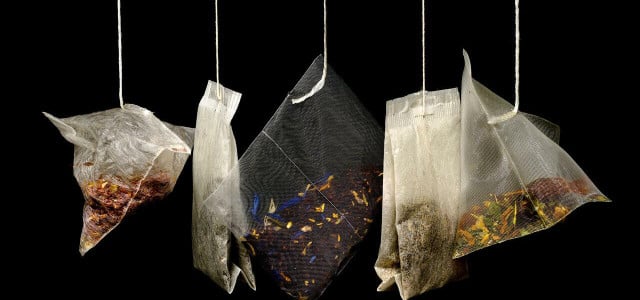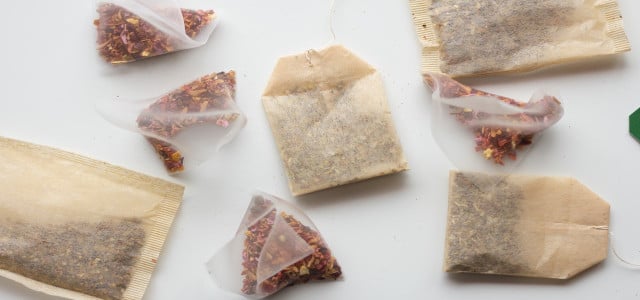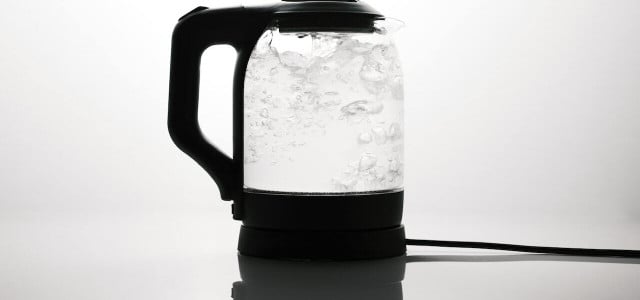Many tea drinkers are unaware that their cup of tea contains a hidden ingredient – plastic. Let's take a closer look at plastics in tea bags, and learn how to avoid them.
While plastic in tea bags may sound surprising, unfortunately this is just one of many examples of microplastics in food. Tea bags specifically, often contain a plastic polymer known as polypropylene. Tea bags are usually made from natural cellulose. In order to prevent powder leakage and make sure the cellulose is heat sealed, manufacturers treat tea bags with polypropylene . This ensures that the tea bag keeps its shape, transparency and functionality when placed in hot water.
On average, tea bags are made up of twenty to thirty percent plastic. Those which are advertised as “silky” are more likely to contain plastics, especially the “pillow style” sachets. These tea bag styles often contain plastics in the actual bag, through a blend of woven materials – and are often used for more expensive, top tier teas. However, plastic in tea bags isn’t limited to the bag itself – the string and tag bags may also contain plastics in their sealant.
Companies using plastics in their tea bags may be more common than you think. Some common brands include Argo Tea, Tazo, Harney & Sons, and Tetly.
Impacts of Microplastics in Tea Bags
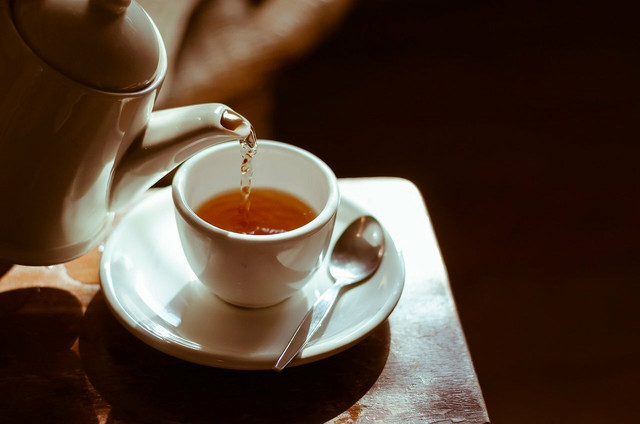
(Foto: CC0 / Pixabay / dungthuyvunguyen)
The microplastics in tea bags add up quickly. One study found that just one tea bag can release billions of microplastics and nanoplastics into each cup of tea. This contributes to devastating effects on the environment and human health, especially because many people are unaware they are consuming plastics through tea bags.
Plastic tea bags are not compostable or biodegradable, but due to consumer’s lack of knowledge, tea bags are tossed into the compost every day, contributing to plastic pollution as the bags will not break down. Even when properly disposed of, tea bags containing plastics have the potential to pollute oceans and hurt marine animals.
Plastics in tea bags pose a concern to human health as well. While research is limited, the known effects of consuming microplastics range from tissue damage to increased risk of cancer. Considering tea is brewed hot, this is even more concerning as there is an increased potential for plastic to leach chemicals.
How to Brew Plastic-Free Tea
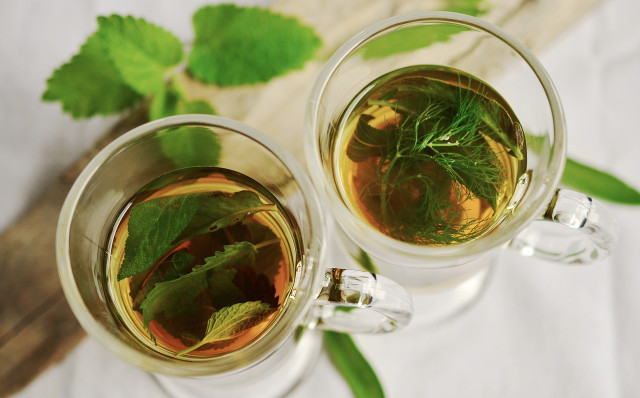


(Foto: CC0 / Pixabay / congerdesign)
The best way to avoid plastic in your tea is to make organic loose-leaf tea. Because the microplastics are found in the bag itself, there is no concern with drinking tea in general. Loose-leaf tea is often more flavorful, as the leaves are not as heavily processed. Consider making your own herbal tea with our recipes:
- Sumac tea
- Mugwort tea
- Sage tea
- Cinnamon tea
- Dandelion tea
- Raspberry leaf tea
- Rose hip tea
- Wormwood tea
You can make loose-leaf tea easily over the stove or with an electric kettle. Use a tea infuser or stainless steel strainer for larger batches, or drink the tea leaves themselves if you want. If you prefer to use tea bags, you can also avoid plastic in tea bags by making easy DIY tea bags at home.
Lastly, you can turn to some brands that are making an effort to be sustainable. There are several brands offering plastic-free tea bags which are safe for you and the environment. Here are some of our favorites.
- Republic of Tea makes round, compostable, paper tea bags. They are sustainably packaged in recyclable metal tins.
- Numi Organic Tea uses biodegradable, compostable hemp fiber for their tea bags. They are also certified Non-GMO.
- Pukka Herbs is a Fair Trade, organic tea company. Their tea bags are sealed with cotton thread, making them biodegradable.
- Abel & Cole tea bags are made from corn starch, and are completely biodegradable.
- Teapigs is making a major effort to be sustainable. This company also uses corn starch for its tea bags. The bags are compostable and will break down within twelve weeks. Even the plastic packaging used by Teapigs is made from wood pulp.
Read more:
- Matcha vs. Green Tea: What’s the Difference?
- Calming Tea: Varieties to Help with Stress and Anxiety
- These 7 Surprising Items Release Microplastics into the Ocean
Important Information regarding Health-related Topics.
** Links to retailers marked with ** or underlined orange are partially partner links: If you buy here, you actively support Utopia.org, because we will receive a small part of the sales proceeds. More info.Do you like this post?






